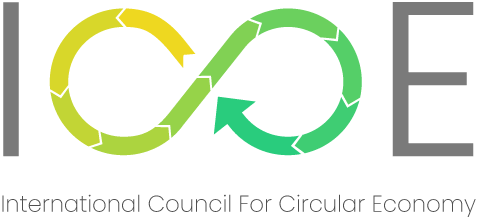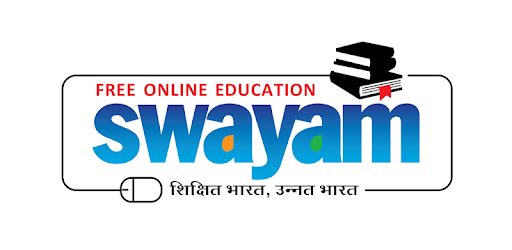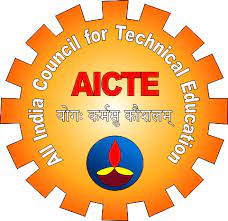At the International Council for Circular Economy (ICCE), we are committed to integrating Circular Economy principles into higher education institutes (HEIs), nurturing future leaders, and empowering faculty, students, and industry experts.
Our initiatives focus on promoting entrepreneurship, building capacity, and providing academic pathways to create a workforce ready for a sustainable tomorrow.

Innovation and Entrepreneurship
Building Expertise for Impact
Excellence in Circular Economy
Net-Zero
Campuses
Circular Labs within higher education institutes, transforming them into hubs of innovation and entrepreneurship.
- Innovation: Serve as platforms for students to prototype circular solutions to real-world challenges.
- Circular Business Models: Encourage entrepreneurial thinking by mentoring students to develop sustainable business models.
- Academia-Industry connect: Partner with industries to bridge the gap between academic research and practical applications.
Circular Labs inspire creative problem-solving, empower students to tackle sustainability challenges, and provide real-world exposure. By connecting academics with industries, these labs drive innovation and accelerate the adoption of circular solutions.
Our Faculty/Executive/Management Development Programs equip educators and industry professionals with cutting-edge knowledge and tools to drive the circular transition.
- Industry-Oriented Training: Focused sessions on Circular Economy principles and their applications across sectors.
- Capacity Building: Enabling faculty to mentor students and industry professionals in embedding circular strategies into operations.
- Networking Opportunities: Connecting educators with global experts to foster collaboration and knowledge exchange.
These Development Programs enhance the teaching and mentoring capabilities of participants, ensuring top-quality training. They also create a multiplier effect, as well-trained faculty disseminate knowledge and promote circular economy practices widely.
With HEIs we design and implement credit-based courses that offer comprehensive learning opportunities:
- Foundational to Advanced Learning: Courses range from introductory modules to in-depth applications in specific sectors.
- Customized for Learners: Programs for undergraduate and postgraduate students tailored to align with industry demands.
- Skill Development: Courses enhance critical thinking, analytical skills, and technical knowledge, preparing students for careers in sustainability.
Credit courses provide participants with structured, in-depth knowledge of the Circular Economy, equipping them with the skills to meet industry demands. They also enhance employability, foster innovation, and align academic learning with global sustainability goals.
ICCE partners with HEIs to transform campuses into models of sustainability by implementing zero-waste and net-zero strategies.
- Zero-Waste Initiatives: Promote waste segregation, recycling, composting, and reuse to eliminate waste sent to landfills.
- Roadmap to Net-Zero: Optimize energy efficiency, adopt renewable energy solutions, and reduce carbon emissions to achieve a net-zero footprint.
- Stakeholder Engagement: Involve students, faculty, and staff in sustainability programs to drive behavioral change and long-term impact.
Zero-waste and net-zero campuses demonstrate institutional commitment to sustainability, setting an example for students and the community. These initiatives reduce environmental impact, enhance resource efficiency, and align campuses with global climate action goals.
Our work with Ministry of Education
Why Collaborate with ICCE?
- Expertise: As a thought leader in Circular Economy, ICCE brings global insights and regional relevance.
- Impact: We enable institutions to align their programs with sustainability goals, fostering innovation and creating tangible outcomes.
- Partnerships: Through our extensive network, we provide HEIs with opportunities to collaborate with industry leaders and policy-makers.






